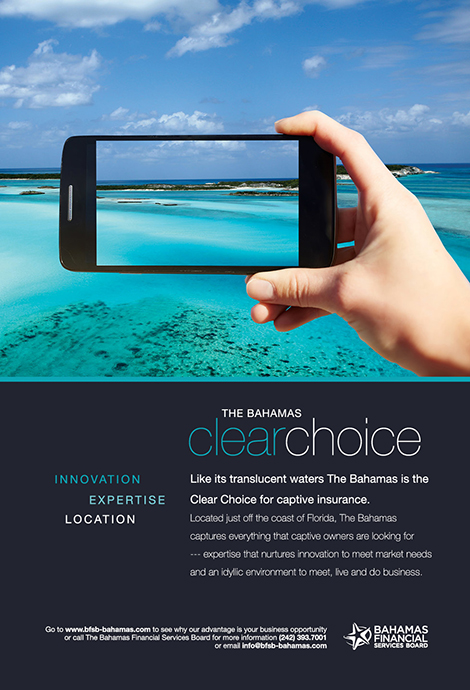Allied Professionals Insurance Company
Michael Schroeder of Allied Professionals Insurance Company shares his insider’s perspective on the case of the risk retention group in Nebraska
What did the Speece case involve?
The legal issue at the centre of this is related to the fact that risk retention groups (RRGs) that incorporate in one state, with a few minor exceptions that don’t apply here, cannot be regulated by any of the other states. Sometimes people try to apply these state laws regardless. We have had some great success vindicating this legal point of view in federal court. For example, some states have direct action statutes, where they allow people making a claim to not only sue the person who they think hurt them, but to sue the insurance company directly, even if there is not a coverage issue.
This is a big waste of money to no purpose. They have this law in Florida and New Jersey, and in some cases these direct actions were brought against our insurance company, Allied Professionals Insurance Company (APIC). We took it to federal court and said, “I’m sorry but you just can’t sue us—regardless of liability, regardless of coverage” under this type of law.
We won in the trial court in New York. It was called Zeigler v Wadsworth, and APIC was the insurance company there. They appealed up to the Court of Appeals for the Second Circuit and we won again. The same thing happened in Florida in a case called Kong v Costello. We were sued and went to a federal court, in a case that we ended up winning. Subsequently, they appealed to the Eleventh Circuit and we won again. These are the two highest courts that have ever ruled, but we still didn’t have a ruling from a prestigious state Supreme Court.
It was then that the Speece case came along. In this case, they filed an action against the insurance company directly and we maintained that we could not be sued as we had an arbitration provision in our policy. They claimed that there was a Nebraska law that says insurance policies cannot have an arbitration agreement. We were fully aware of this, but we were also sure that the Nebraska state law did not apply to us. The trail judge ruled against us in this case, which led us to appeal to the Nebraska Court of Appeals.
This is when something unusual happened. The Nebraska Supreme Court reached down and took the case themselves, preventing the state’s Court of Appeals from ruling on it. While we did not expect this, the important thing is that we prevailed on the legal issue, that Nebraska does not have the ability to apply its law preventing arbitration agreements in insurance policies against an RRG. Now we have a state Supreme Court and two Federal Court of Appeals all saying the same thing.
How did the Liability Risk Retention Act help with this?
The way it helped is that we could point to the Liability Risk Retention Act (LRRA) to support our claim. It sets out a very narrow list of things that you can regulate an RRG for in your state. If it is not on this list then you cannot do it. In this situation, it backed the RRG industry up and the court agreed. This benefits the entire industry because now other RRGs are not going to have to go all the way to the Supreme Court and bear all that expense—they can simply point to these rulings and say, “you are going to lose, so don’t do it”.
Was the support from the National Risk Retention Association indirect or did they go out of their way to support you?
They went very much out of their way to support us. They actually hired a law firm and filed amicus curiae briefs. That is a formal brief that raises the point with the court that this particular case has the potential to affect the broader industry. This changes the judge’s perception a great deal, when suddenly a big association is raising this kind of point with a well-written brief. If we had said this ourselves it would not carry nearly as much weight with the court.
I think that we have now reached a critical mass of decisions where it will affect the whole industry, as this body of law is now fairly clear. The three I have mentioned, Zeigler v Wadsworth, Kong v Costello and the Speece case, have all come down in the last year and I believe this has created a seismic shift.
How has the Speece case affected APIC specifically, in terms of moving forward?
For one, it affirms our particular policy format, as we were the company and it was our policy that was affirmed as being legal and proper. It is pretty powerful stuff to tell the next court judge that. In New Jersey, somebody filed a direct action. We told them to dismiss it to avoid unnecessary legal costs, and they did. I think that is an indication of how this case could cut down on a lot of frivolous and fruitless litigation in the industry.





